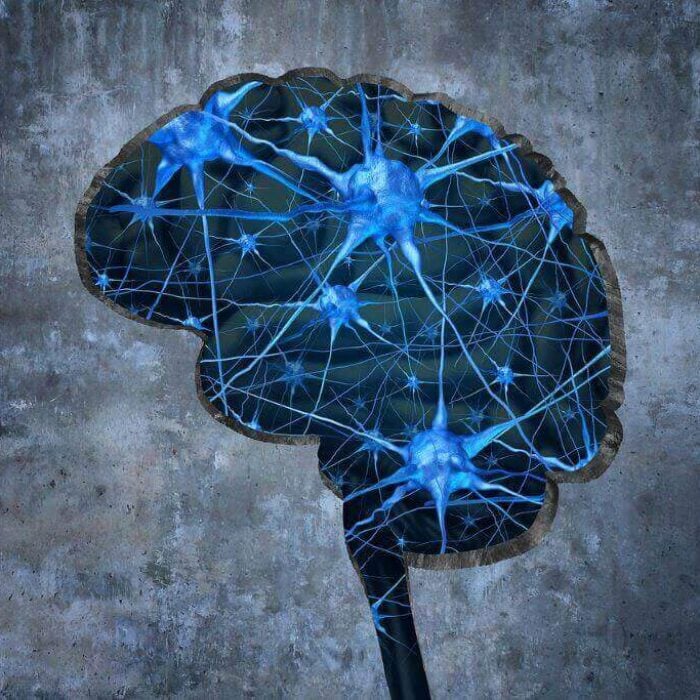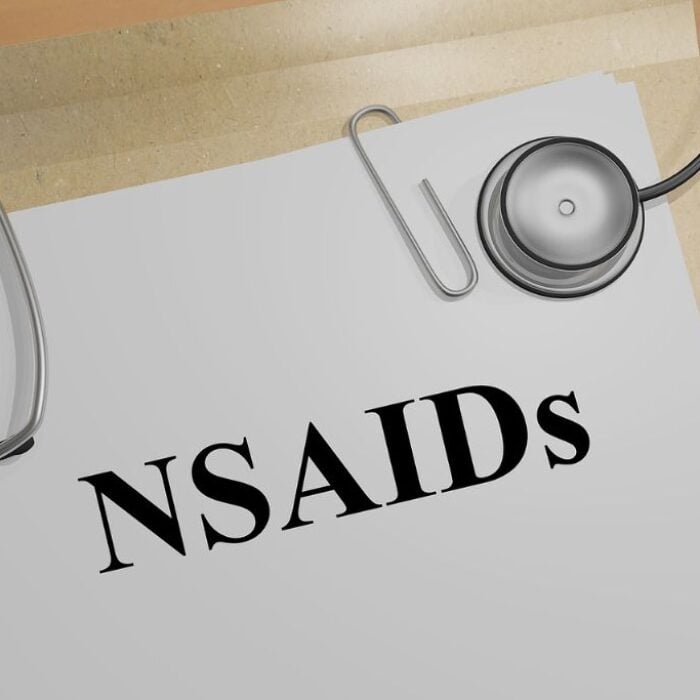Opioid analgesics can be extremely useful for treating pain. However, adverse opioid side effects have caused doctors to limit their use.
Prescription Drugs Controversy
The opioid crisis is causing many physicians to weigh the risks against the benefits of using opioids for pain management. Understanding potentially harmful effects concerning the predisposing patient factors are critical when planning a treatment course. Also, patient response to opioid medication is highly variable, so physicians should know different options for those at higher risk.
The use of opioid drugs for acute pain or terminal pain was well accepted. However, prescription opioids for long-term treatment of chronic non-cancer pain have become controversial for many reasons. One of the primary reasons is physical tolerance and the well-known psychological addiction that often occurs with these medications. Primary scientific sources have also refuted the extent of their efficacy for chronic pain management. Lastly, the role of prescription opioids is also influenced by the significant number of side effects and complications it can cause to patients.
Prescription Opioid Side Effects
The most common opioid side effects are constipation and nausea. These effects can be challenging to manage; this is especially true for constipation, which may be severe enough to require discontinuation of the opioids.
Other common side effects can also include:
- sedation
- dizziness
- nausea
- vomiting
- constipation
- physical dependence
- tolerance
- psychological addiction
- respiratory depression
For example, less common side effects may include:
- delayed gastric emptying
- hyperalgesia
- immunologic
- hormonal dysfunction
- muscle rigidity
Patients must understand that opioid medications affect many organs while influencing a large number of body functions. More importantly, opioids should be taken exactly as prescribed to avoid severe effects, and to alter the dose in any way can be dangerous. Taking opioids with alcohol can cause a dangerous reaction, including slowed breathing and overdose. Drowsiness can be magnified by patients who receive opioids with other narcotics, allergy medication, tranquilizers, and sleeping pills.
Additional Risks
An allergic reaction is also possible with opioids, and signs can include:
- Rash
- Wheezing
- Difficult breathing
- The closing of the throat
- Hives or swelling of the lips, face, tongue, or throat.
Any of these opioid side effects should prompt an immediate visit to the emergency room.
Opioids are potent narcotics and, in some cases, even dangerous. Abuse, whether prescription painkillers or heroin, can have a severe impact on your physical and emotional health. Also, abusing painkillers, sharing needles, or injecting crushed pills poses dangers. In small doses, opioids can make you feel relaxed, but at higher doses, it can slow breathing and heart rate, which can lead to an overdose and even death. Additionally, the feelings of pleasure and euphoria from taking opioids may lead to addiction.
If you cannot get off opioid drugs, if you suffer from withdrawals upon cessation or compulsively use it despite the harm it’s causing you, get help.
Opioid Withdrawal Treatment
The side effects of opiate withdrawal can be quite uncomfortable. Successful treatment often includes supervised inpatient medical detox, which maximizes comfort and safety and minimizes the risk of relapse. There are several opioid detox options, but some provide a higher success than others. The Waismann Method, for instance, encompasses medical, pharmacological, and psychological treatment. Patients are under the supervision of both medical and mental health specialists in a safe and private setting.
We understand that the consequences and side effects of opioid abuse can be devastating. We also know that the number of unintentional overdose deaths from prescription opioid painkillers is soaring in the US. As health care providers, we need to provide patients with the scientific knowledge and the medical resources available to relieve suffering and minimize the risks associated with opioid abuse. Our medical detox is relatively short and can provide the right foot forward you need to start your path to recovery. Exceptional Care, Better Outcome, Get In Touch With Us Today













